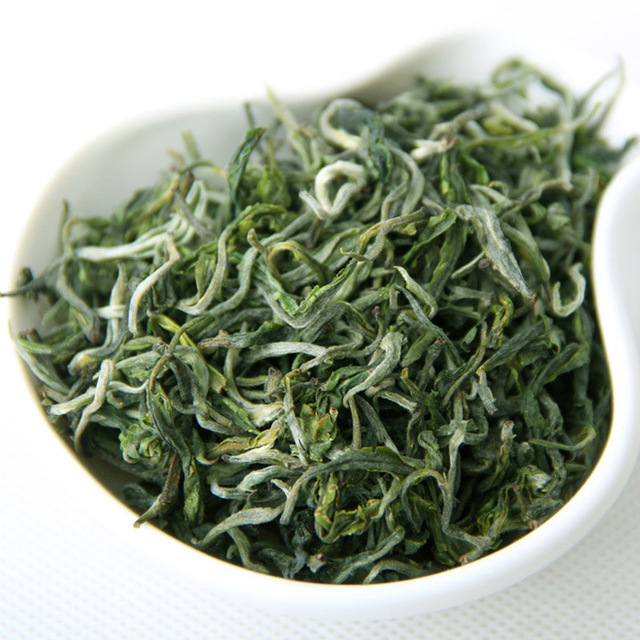Modern life is speeding up, and spleen and stomach problems are becoming more common. Traditional Chinese medicine theory views the spleen and stomach as the fundamental basis of acquired constitution, responsible for digestion, absorption, and the generation of qi and blood. Even slight dysfunction in their functions can lead to a chain of discomfort. Therefore, identifying and adjusting to the degree of weakness in one’s own spleen and stomach is crucial for health. Here are six progressive manifestations of spleen and stomach weakness to help you self-assess and take appropriate measures:
– Early signs: occasional indigestion, slight abdominal bloating after meals, usually caused by improper diet and can be alleviated by habit adjustments. – Mild stage: dietary preferences change, cravings for strong flavors, greasy or sweet foods, decreased appetite accompanied by slight weight fluctuations and fatigue.
– Moderate symptoms: recurring digestive issues worsen, such as persistent abdominal bloating, acid reflux, belching, decreased appetite, possibly with abnormal bowel movements, significantly impacting quality of life.
– Moderate severity: declining physical strength, prone to fatigue, mental fatigue, decreased concentration, and even signs of anemia, indicating obstruction in the generation of qi and blood.
– Severe state: declining immune function, prone to colds, slow wound healing, dry skin, hair loss, reflecting inadequate nutrient absorption and conversion.
– Extreme cases: multi-system imbalances, in addition to digestive system issues, there may also be symptoms such as palpitations, insomnia, emotional instability, with a substantial decrease in the body’s self-healing ability.
After self-assessment, even minor issues should be taken seriously to prevent future problems. For moderate and higher conditions, seeking medical attention promptly and adjusting lifestyle, including a balanced diet, moderate exercise, and a positive attitude, are essential to promote spleen and stomach recovery.
The assessment of spleen and stomach weakness also needs to integrate the four diagnostic methods of traditional Chinese medicine (observation, listening and smelling, questioning, and pulse-taking). The classification is not fixed and will change with individual behaviors and treatments. Daily health recommendations include consuming beneficial spleen foods such as Chinese yam, coix seeds, millet, reducing intake of cold drinks, greasy and raw food, ensuring rest and moderate exercise, all of which are the foundation of spleen and stomach health.
In conclusion, caring for the spleen and stomach is a gradual process that requires persistent attention and comprehensive adjustments, leading step by step to a state of natural balance and health.


